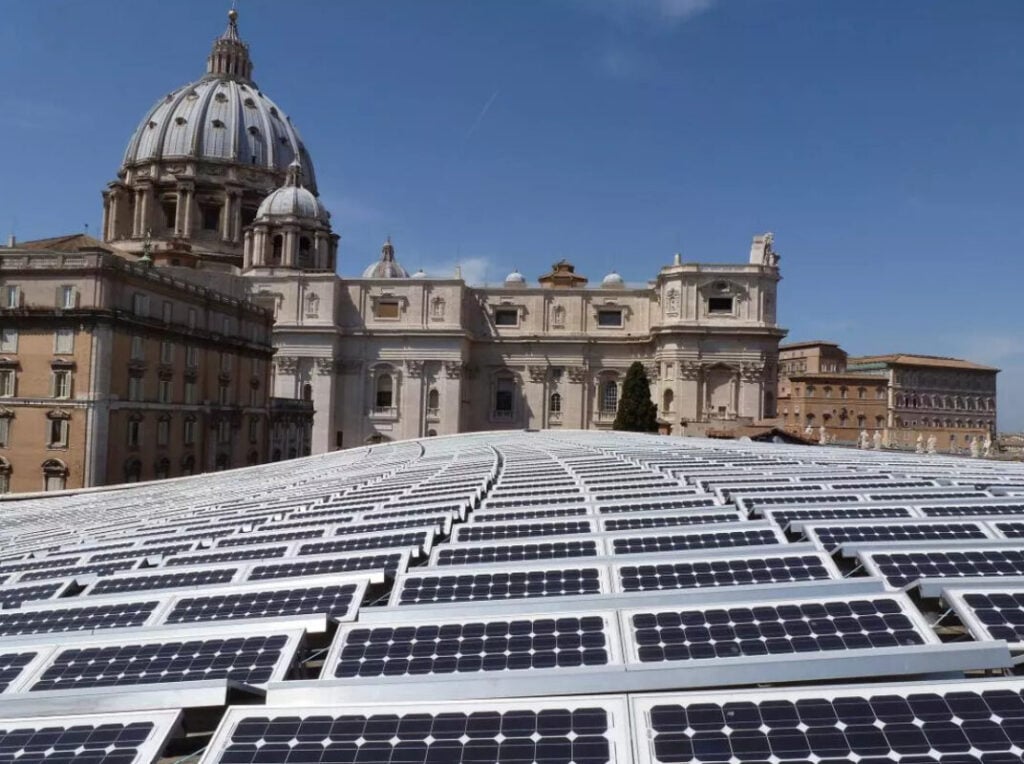
Germany installed more than 5GW of new solar capacity in the first four months of this year, according to figures from trade association Bundesverband Solarwirtschaft (BSW Solar), a record for this period and a 35% increase over the first four months of 2023.
Much of this growth was driven by the commercial and industrial (C&I) sector, with BSW Solar reporting that newly installed PV capacity on C&I rooftops increased 81% between the first four months of 2023 and the first four months of 2024. This compares to a 74% increase in the new capacity installations for open-space power plants over the same period.
Try Premium for just $1
- Full premium access for the first month at only $1
- Converts to an annual rate after 30 days unless cancelled
- Cancel anytime during the trial period
Premium Benefits
- Expert industry analysis and interviews
- Digital access to PV Tech Power journal
- Exclusive event discounts
Or get the full Premium subscription right away
Or continue reading this article for free
BSW Solar suggested that the recent passage of the Solarpaket I reforms to the country’s solar sector contributed to this increase, with the recent legislation, passed earlier this year, increasing the feed-in tariff for commercial PV rooftop systems, among other changes. The reforms sought to make solar projects more commercially viable, particularly in the distributed solar sector, and will be an important facilitating factor as Germany looks to meet one-quarter of its total energy demand with electricity from PV by 2030.
“After a veritable solar boom in Germany’s residential areas, commercial roofs and low-yield open spaces are now increasingly being electrified using solar technology,” said Carsten Körnig, BSW Solar managing director.
“The reduction in bureaucracy initiated by the Bundestag (the German federal parliament) now means that the housing industry can also increasingly build larger solar systems to reduce the electricity bills of their tenants and make a contribution to climate protection.”
Figures from YouGov suggest that there is growing interest in the distributed solar sector in Germany, with the BSW pointing to figures that suggest 56% of companies, and over 60% of private property owners, are interested in investing in solar power systems. This uptick in interest coincides with this year’s Intersolar Europe event, held each year in Munich, and will see industry leaders demonstrate a range of new products and services this week.
Questions for upstream financing
While BSW Solar is optimistic about the future of German solar deployments – the growth rate of newly-installed PV systems is expected to increase by double-digit figures by the end of this year – there are questions about the upstream portion of the German solar sector. Specifically, leading research institution Fraunhofer ISE has criticised the Germany government for cutting funding for energy research, which it suggests could limit funding for new energy projects by as much as 30%.
“The cuts undermine critical innovations that Germany urgently needs in order to achieve its climate targets and to maintain and expand its leadership position in the field of important future technologies,” said Hans-Martin Henning, chairman of the Fraunhofer Group for Energy Technologies and Climate Protection and director of the Fraunhofer institute for Solar Energy Systems.
“At the same time, the risk of further dependence on foreign countries in the field of these technologies is increasing.”
Earlier this year, the institute developed a tunnel oxide passivated contact (TOPCon) solar cell with a power conversion efficiency of 24%, comprised of large-area M10 silicon wafers, as the global solar industry moves towards larger-scale wafers.
Such innovations will likely be a necessary component of the German solar sector, as the country looks to meet the most ambitious solar deployment targets in Europe, with the government looking to put into operation 215GW of solar capacity by the end of the decade, according to the most recent draft of the country’s National Energy and Climate Plan (NECP).






